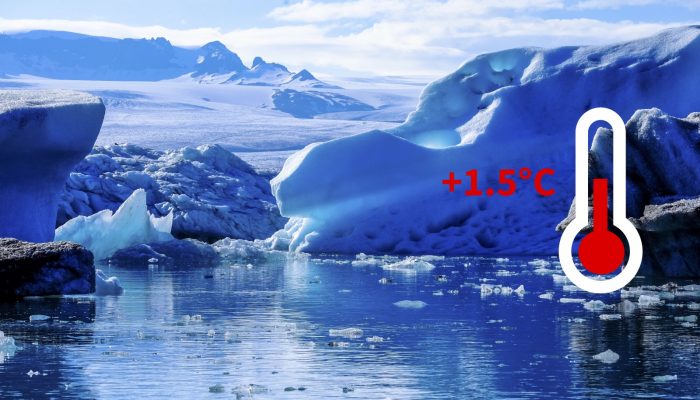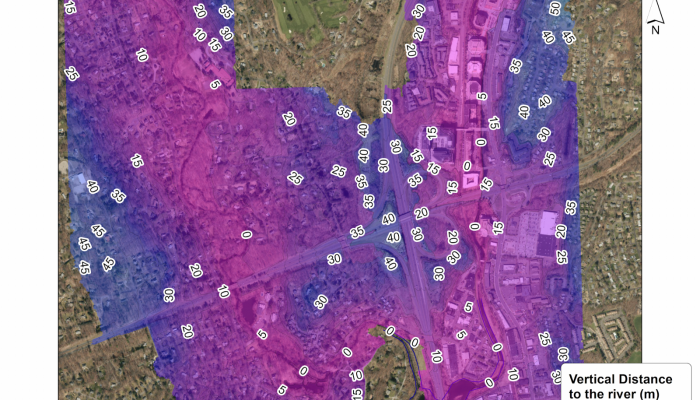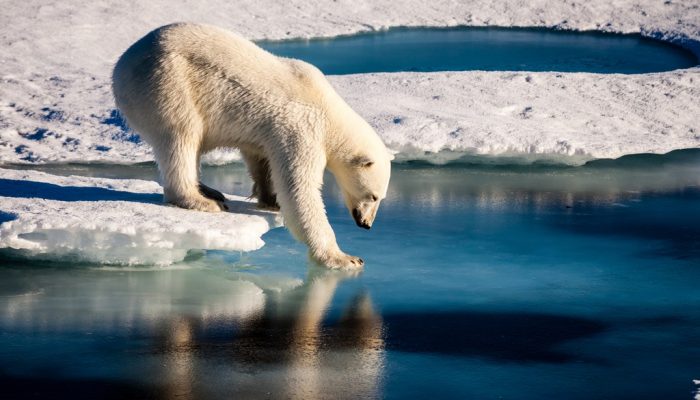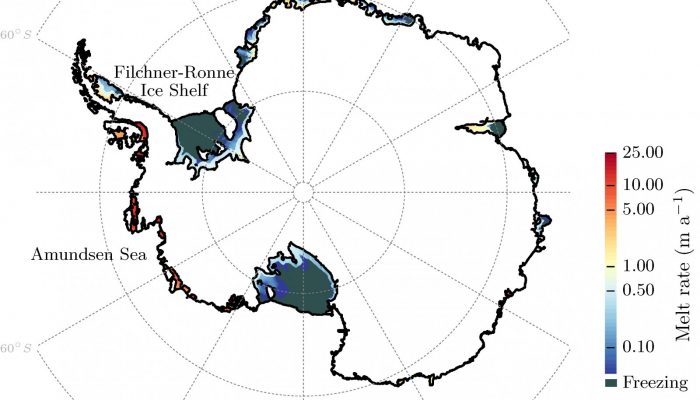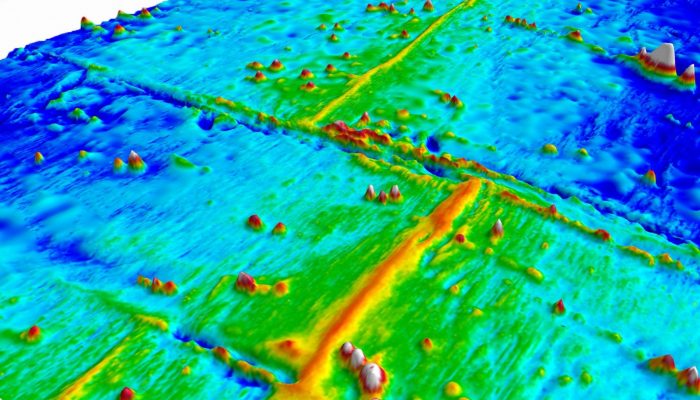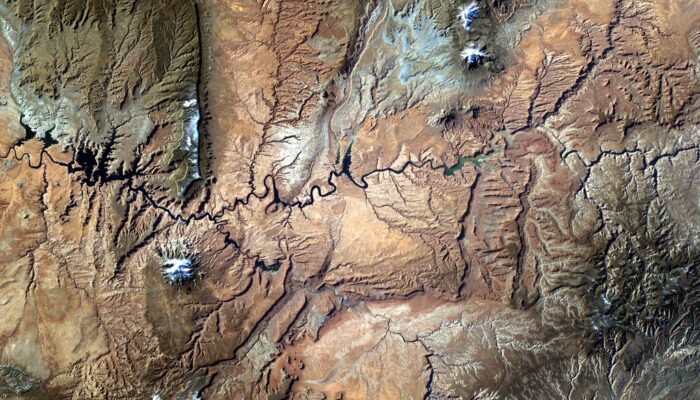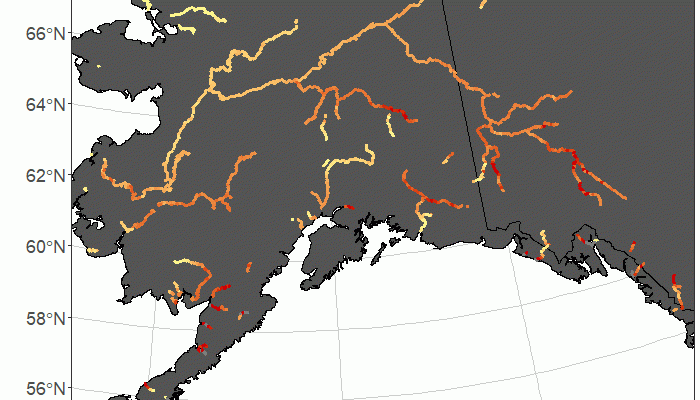Every year again, the Conference of Parties takes place, an event where politicians and activists from all over the world meet for two weeks to discuss further actions concerning climate change. In the context the COP24, which started this Monday in Katowice (Poland), let’s revisit an important decision made three years ago, during the COP21 in Paris, and its consequences for the state of the cryo ...[Read More]
If you didn't find what you was looking for try searching again.
Geodynamics
Get conference ready!
It’s almost time for the AGU fall meeting 2018! Are you ready? Have you prepared your schedule and set up all your important business meetings? Here are some final tips to nail your presentation and/or poster! Nailing your presentation • The art of the 15-minute talk: how to design the best 15-minute talk • Presentation skills – 1. Voice: how to get the most out of your presentation vo ...[Read More]
Natural Hazards
Combining geomorphology, geomorphometry and natural hazards research: the way forward
Today I have the honour to introduce a friend and a brilliant scientist that recently won the 2019 Arne Richter Award for Outstanding Early Career Scientists of the EGU, Dr Giulia Sofia. Dr Sofia is currently Assistant Research Professor at the University of Connecticut (USA) in the Hydrometeorology and Hydrologic Remote Sensing group. She received a B.S. and M.S. in Forestry Science, and PhD (201 ...[Read More]
Climate: Past, Present & Future
God does not play DICE – but Bill Nordhaus does! What can models tell us about the economics of climate change?
Climate change has been described as “the biggest market failure in human history”[1]. Although fuel is costly, emitting the by-product CO2 is for free; yet it causes damages to society. In other words, those who benefit, by using the atmosphere as waste dump, do not pay the full costs, i.e. the adverse effects climate change has on societies on a global scale. Can this market failure be cured? Sh ...[Read More]
GeoLog
Can the EU become carbon neutral by 2050? A new strategy from the EU!
On Wednesday 28 November 2018, the European Commission adopted a strategic long-term vision for a climate neutral economy (net-zero emissions) by 2050! A Clean Planet for All, tactically released ahead of the 24th Conference of the Parties (COP 24), which will be hosted in Katowice, Poland from 2-14 December, describes seven overarching areas that require action and eight different scenarios that ...[Read More]
Cryospheric Sciences
Image of the Week – (Un)boxing the melting under the ice shelves
The Antarctic ice sheet stores a large amount of water that could potentially add to sea level rise in a warming world (see this post and this post). It is currently losing ice, and the ice loss has been accelerating in the past decades. All this is linked to the melting of ice – not at the surface but at the base, underneath the so-called ice shelves which form the continuation of the Antarctic i ...[Read More]
Geodynamics
Presentation skills – 2. Speech
Presenting: some people love it, some people hate it. I firmly place myself in the first category and apparently, this presentation joy translates itself into being a good – and confident – speaker. Over the years, quite a few people have asked me for my secrets to presenting (which – immediate full disclosure – I do not have) and this is the result: a running series on the ...[Read More]
Tectonics and Structural Geology
Minds over Methods: What controls the shape of oceanic ridges?
In this edition of Minds over Methods, Aurore Sibrant, postdoc at Bretagne Occidentale University (France) explains how she studies the shape of oceanic ridges, and which parameters are thought to control this shape. By using laboratory experiments combined with observations from nature, she gives new insights into how spreading rates and lithosphere thickness influence the development of oceanic ...[Read More]
GeoLog
Imaggeo on Mondays: Watching the world from space with EarthKAM
This photo was taken from the International Space Station (ISS), approx. 400 km above the Earth, in the NASA-led educational project Sally Ride EarthKAM (www.earthkam.org), Mission 58, April 2017. The image was requested by a team of 10th and 11th grade students from the National College of Computer Science, Piatra-Neamț, Romania, coordinated by me. The lenses used on the digital camera mounted on ...[Read More]
Cryospheric Sciences
Image of the Week – Breaking the ice: river ice as a marker of climate change
Common images associated with climate change include sad baby polar bears, a small Arctic sea ice extent, retreating glaciers, and increasing severe weather. Though slightly less well-known, river ice is a hydrological system which is directly influenced by air temperature and the amount and type of precipitation, both of which are changing under a warming climate. Ice impacts approximately 60 % o ...[Read More]

